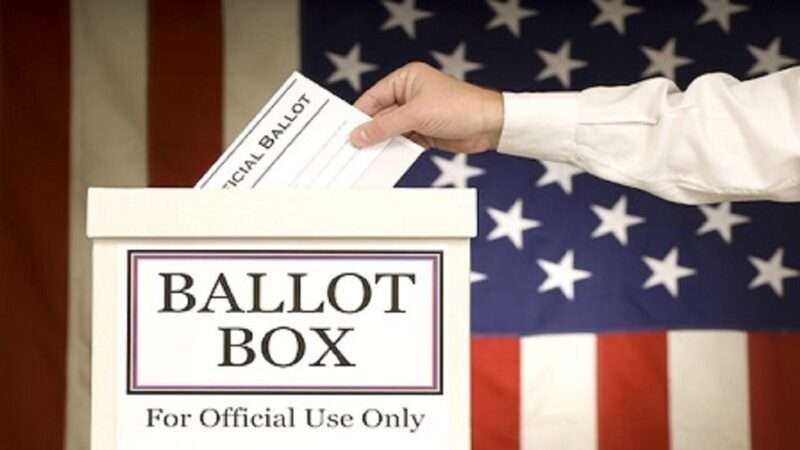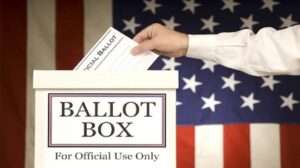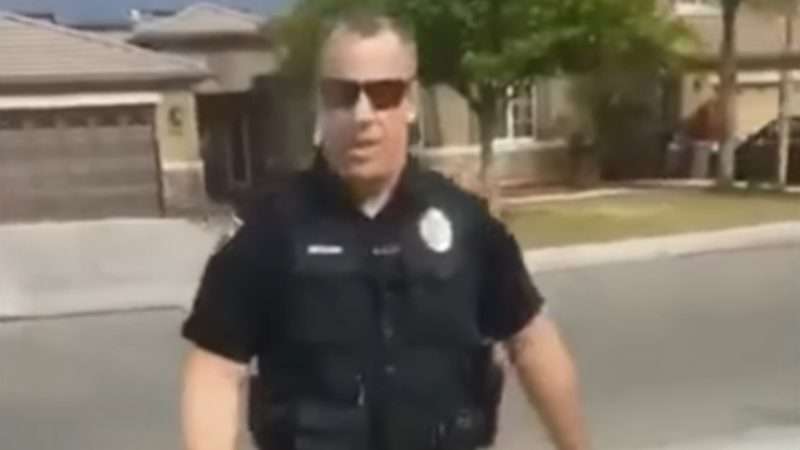From Khan v. Orbis Business Intelligence Ltd., decided in 2018 but just posted on Westlaw (Judge Anthony C. Epstein, D.C. Super. Ct.) (affirmed as to other matters in a 2020 D.C. Ct. App. decision):
This case involves what has become known as the “Steele Dossier.” The relatively small portion of the Steele Dossier at issue in this case discusses the relationship between plaintiffs German Khan, Mikhal Fridman, and Petr Aven and the Russian government, but it does not discuss specific information linking them to any Russian interference in the 2016 U.S. presidential election or to any specific American candidate….
The Court concludes … that the Anti-SLAPP Act requires dismissal of this case because Defendants have made a prima facie case that the Act applies to their provision of this portion of the Steele Dossier to the media, and Plaintiffs have not submitted evidence that Defendants knew any of this information was false or acted with reckless disregard of its falsity.
On April 16, 2018, Plaintiffs filed a complaint against Defendants for defamation. Plaintiffs make the following allegations in their complaint. Plaintiffs are international businessmen who are the beneficial owners of Alfa-Bank (a.k.a. Alfa Group), which is based in Russia; Mr. Fridman and Mr. Khan are each citizens of both Russia and Israel, and Mr. Aven is a citizen of Russia. Mr. Steele is a U.K. citizen and a principal of Orbis, a U.K.-based company. Defendants were hired in June 2016 by Fusion GPS (“Fusion”), a Washington, D.C.-based firm that conducts political opposition research, to compile information about then-candidate Donald J. Trump’s ties to Russia and Vladimir Putin. Fusion was originally hired during the primary phase of the 2016 election cycle by Republicans. After the Republican convention, Fusion was hired by the Democratic National Committee and the campaign of Hillary Clinton….
The Court assumes without deciding that the Anti-SLAPP Act applies only to conduct that is protected by the First Amendment…. [But] Plaintiffs have not cited, and the Court is not aware of, any case holding that the defenses that a defendant in a defamation case may assert under D.C. law or the First Amendment depend on whether the defendant is a U.S. citizen or entity.
{It is ironic that Plaintiffs, who are non-resident aliens with Russian and/or Israeli citizenship, argue that non-resident aliens do not have rights that the First Amendment requires a U.S. court to respect—while petitioning a U.S. court for a redress of their grievances and invoking a constitutional right to conduct discovery. Plaintiffs do not explain why non-resident aliens have the same rights as U.S. citizens to bring defamation actions, but non-resident aliens do not have the same rights as U.S. citizens to defend themselves.} …
[A]dvocacy on issues of public interest has the capacity to inform public debate, and thereby furthers the purposes of the First Amendment, regardless of the citizenship or residency of the speaker…. [T]he First Amendment “guarantees are not for the benefit of the press so much as for the benefit of all of us.” “It is now well established that the Constitution protects the right to receive information and ideas.” As a result, the interest of U.S. citizens in receiving information that the First Amendment protects does not depend on whether the speaker is a U.S. citizen or resident.
It is in this context that the Court evaluates Plaintiffs’ argument that the First Amendment does not apply to Defendants’ speech. It is well established that non-citizens “enjoy certain constitutional rights.” United States v. Verdugo-Urquidez (1990) indicates that a non-citizen must have “substantial connections with the country” before he can “receive constitutional protections.” See Johnson v. Eisentrager (1950) (“The alien, to whom the United States has been traditionally hospitable, has been accorded a generous and ascending scale of rights as he increases his identity with our society.”)….
[T]he Court need not undertake to determine, as a general matter, how “substantial” a non-resident alien’s connections with this country must be to merit the protections of the First Amendment for speech in the United States. The Court need not define the precise line because Mr. Steele and Orbis and their speech have ample connections with the United States that are clearly substantial enough to merit First Amendment protection.
According to Plaintiffs’ own complaint, U.S. clients hired Mr. Steele and Orbis, and a U.S. presidential candidate was the subject of the investigation that they were hired to conduct. Furthermore, Mr. Steele was in the United States when he briefed U.S.-based media organizations about the results of his investigation, and Plaintiffs do not dispute that Mr. Steele was lawfully present in the United States when he provided his briefings. These U.S.-based media organizations reported on allegations in the Steele Dossier in the United States.
Plaintiffs themselves allege that the Court has jurisdiction because “Orbis and Steele transacted business in the District of Columbia.” Plaintiffs’ summary of their jurisdictional allegations is apt: “In sum, Steele, acting for himself and Orbis, has engaged in a persistent course of conduct, often with Fusion and Simpson, intended to have and which did have effects in the District, by meeting with District based media and government employees to bring his reports on ‘Russia matters’ to their attention.”
{The Court does not suggest that aliens who are not legally present in the United States automatically lack First Amendment rights. This case does not present that issue.}
Moreover, Plaintiffs recognize that Mr. Steele had substantial ongoing connections with the United States even before U.S. clients hired him to gather information relating to the 2016 presidential election:
“Steele, on behalf of himself and Orbis, has engaged in other ongoing business relationships with entities located in the District. Steele and Orbis have been retained repeatedly by the District-based F.B.I. to assist in various investigations between 2009 and 2016, and, as alleged above, Steele and Orbis have had an ongoing professional relationship with Fusion for years. And as also noted above, according to Winer, during his 2013-2016 employment at the State Department in the District, Steele/Orbis provided over 100 intelligence reports, many of which Winer shared with other State Department officials.”
Plaintiffs argue that “Defendants must show that they have, in some form, assumed the obligations of the people,” and Defendants assumed at least one important “obligation” of “the people”—by accepting the Court’s jurisdiction, Defendants assumed the obligation to pay any judgment that might ultimately be entered against them in a U.S. court. By assuming this obligation, Defendants also assumed the concomitant right to raise the same defenses available to U.S. citizens and resident aliens who are sued for defamation.
Plaintiffs rely on Hoffman v. Bailey (E.D. La. 2014), which held that a British national could not invoke the Louisiana Anti-SLAPP Act because he did not have First Amendment protection. However, in Hoffman, the defendant’s only contact with the United States was that he sent the email that formed the basis of the defamation claim to a Louisiana resident. Here, Defendants and their speech have far more substantial contacts with the United States.
Because Defendants have substantial and ongoing connections with the United States and their speech in the United States concerns matters of public concern in the United States, Defendants’ speech is protected by the First Amendment. Therefore, even if the Anti-SLAPP Act protects only speech also protected by the First Amendment their speech is covered by the Act….
My view (short version), which is consistent with the result of this case but which would likely go a bit further: Speech by people who aren’t U.S. citizens (or perhaps permanent residents) outside the U.S. is often unprotected by the First Amendment against various kinds of American government retaliation. “[I]t is long settled as a matter of American constitutional law that foreign citizens outside U.S. territory do not possess rights under the U.S. Constitution.” But it seems to me that, when U.S. courts are asked in the U.S. to impose liability based on speech, they should be constrained by the First Amendment, whether the speakers are foreigners or Americans.

from Latest – Reason.com https://ift.tt/3kXtUCs
via IFTTT



